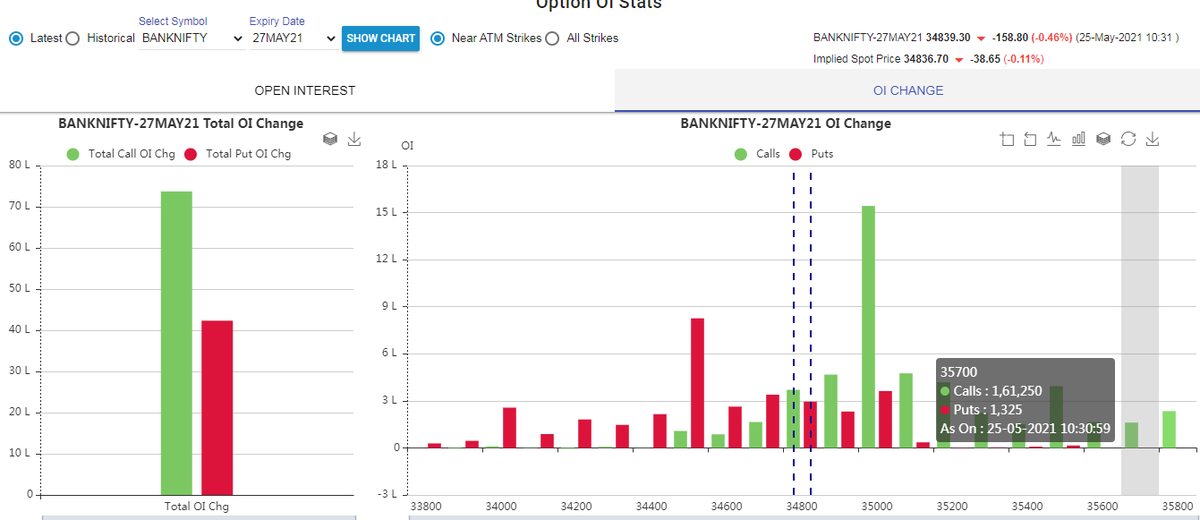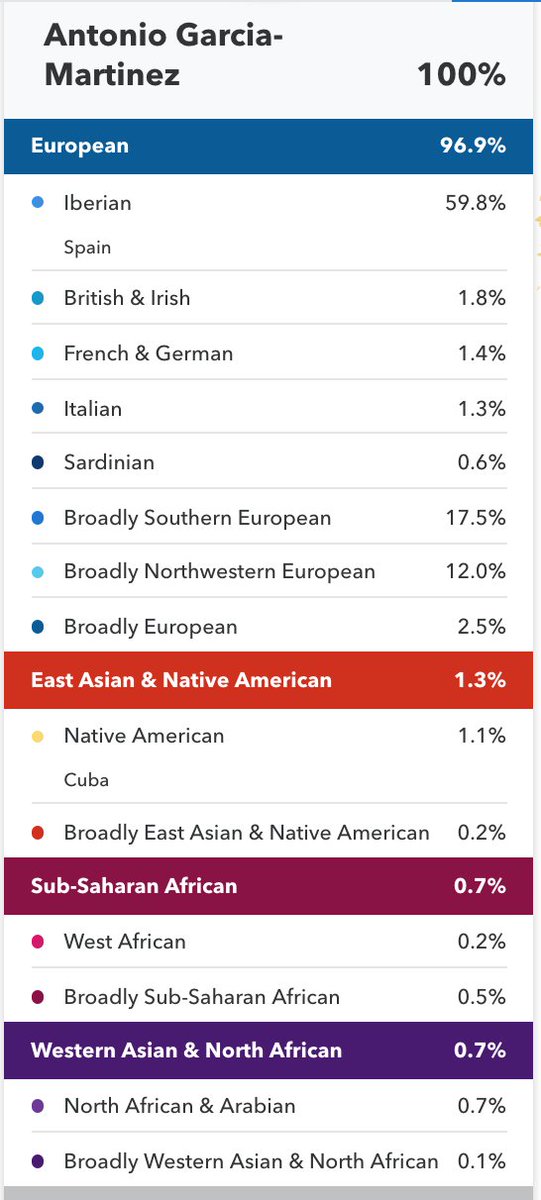2/ Instead, bad managers are content with simply mentioning or implying accountability. When, inevitably, one of their subordinates misunderstands or forgets, they blame him for not having understood.
However, by doing so, they imply that not understanding is an option.
3/ This will have consequences, as it is not that difficult to argue that an instruction was unclear. Earlier or later, someone will argue that, because instructions were unclear, he should be left out the hook. This is the beginning of a vicious circle that ends in mediocrity.
4/ To avoid this, good managers are so explicit in their communication with their subordinates that no one can possibly argue that there could have been a misunderstanding about them being accountable for the result of the task being delegated.
5/ In order to reach this unwavering level of explicitness and clarity, good managers are relentless in making the implicit explicit, even when doing so would seem an insult to the intelligence of their interlocutor
6/ Good managers do not let their politeness and their ego get in the way of the clear accountability assignment that is needed for their subordinates to perform at their best.
7/ Words are not enough; the attitude is important too. If a manager mentions to one of his subordinates that he will be held accountable for an objective but keeps micromanaging him, he is retaining accountability for himself.
8/ Good managers spend much time with their subordinates during delegation time, but then let them relatively free. They do check-in regularly on whether the task is on track to achieve the desired results, unless the subordinate proved himself exceptionally reliable in the past.
9/ However, even during those check-ins, they are always relaxed enough to let him know that he will be accountable for the result. They do not provide suggestions, unless asked or unless the subordinate is clearly off-track.
10/ Even in this case, good managers point out that the current methods might not achieve the desired result; they strive not to prescribe the new method to be used, in order not to steal ownership of the task.
11/ At no point, good managers risk being ambiguous about who owns the results: it’s always the subordinate.
12/ Good managers never assume an attitude that signals that they own the tasks they delegate.
Instead, bad managers keep themselves accountable for the tasks their subordinates should be accountable for.
13/ Because bad managers feel personally accountable for the tasks they delegated, they offer suggestions. They prescribe methods. They do not release their grip on the tools their subordinates will use. They do not let them feel accountable.
14/ Accountability cannot be shared. The more the manager feels accountable for the tasks he delegates, the less his subordinates will feel accountable.
15/ This was an excerpt of my book "Best Practices for Operational Excellence" (
https://t.co/HgQyEiFMZQ) that I tried compiling in a thread using the excellent
https://t.co/L4XpXTq4Oh by
@linuz90, @frankdilo, and
@meseali. It works wonders!
16/ They are the team behind the tool that enables this 👇
https://t.co/iyH03EkhdP












